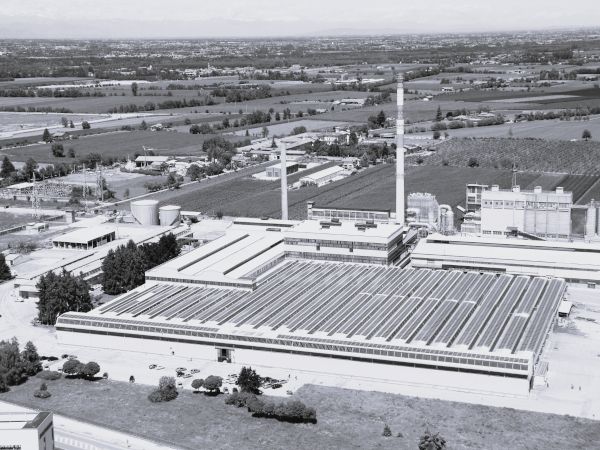
Date: 14 October 2025
The Secretariat seized this opportunity to explain why the flat glass sector must be included in the list of sectors eligible to indirect costs compensation under the EU ETS.
Announced as part of the Action Plan for Affordable Energy, the future Electrification Action Plan and Heating and Cooling Strategy aim at boosting clean power generation and diversified energy supplies. The Calls for Evidence gave Glass for Europe the opportunity to highlight the electrification potential of flat glass production and emphasise the electricity-saving benefits of flat glass in buildings and transports.
While the main energy source for flat glass manufacturing is currently natural gas, electricity is used mainly to feed auxiliary heating systems (electric boosters), and currently typically represents around 10-15% of the total energy consumption. It is worth noting that the availability of a mature technology deployable at scale, and electricity availability and affordability are the main challenges in the flat glass sector related to electrification. Investment plans in hybrid partially electrified furnaces are all the riskier in the current electricity market context.
As highlighted in the Contribution , electrification is seen as a strong option to reduce emissions in the sector. However, since the flat glass sector is not on the indirect emissions compensation list under the EU ETS, no support has been granted by any Member State that could incentivise the uptake of electrification in the sector. The eligibility of the flat glass sector would represent a support to greater electrification, which goes along with less free allocation, more indirect carbon costs and therefore a reinforced total risk of carbon leakage. The Glass for Europe Secretary General explains the situation in more detail in the video below.
Both consultations helped stressing the importance of flat glass products in supporting the electrification of buildings and transport. Buildings, like other sectors, will need to electrify to decarbonise, in particular their heating and cooling systems. However, the priority must be to ensure that overall energy needs are reduced as much as possible. The less electricity a building needs, the more other sectors, such as industry, can benefit from it. High-performance glazing, including solutions such as solar control glass and dynamic glazing, can directly reduce heating and cooling energy requirements. Glass for Europe’s full contribution is available here.
 600450
600450

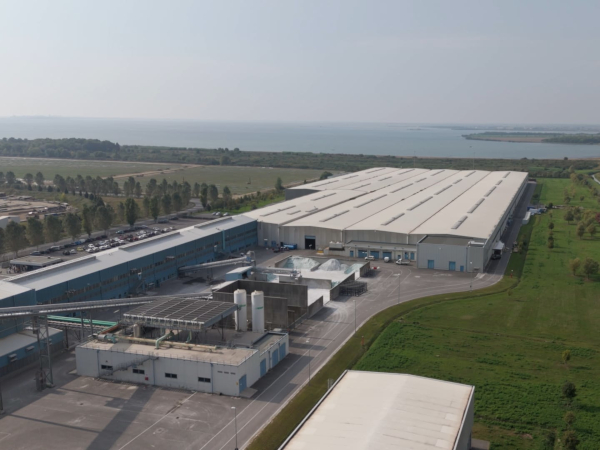
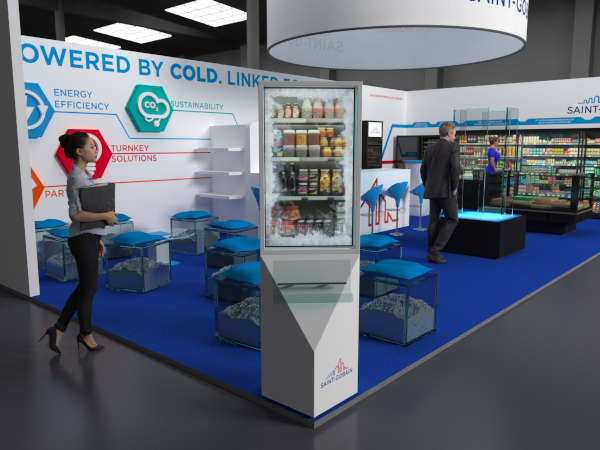
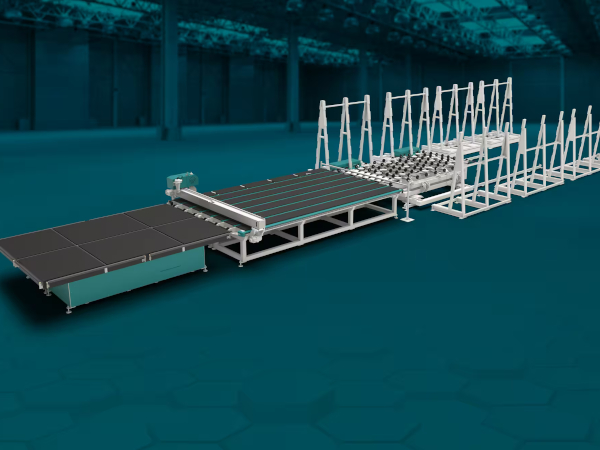
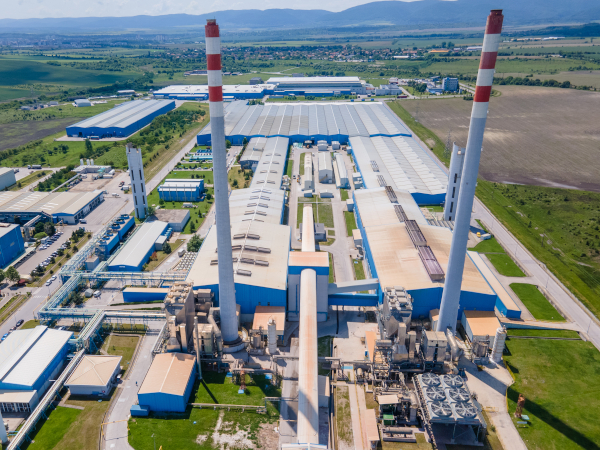

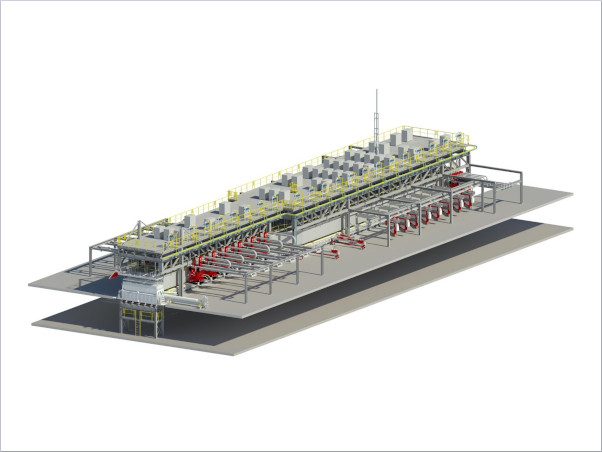





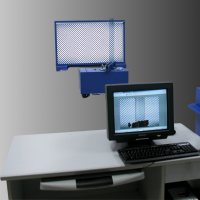
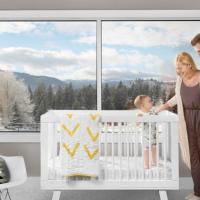
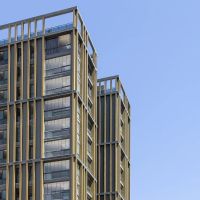
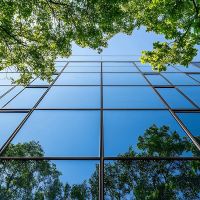
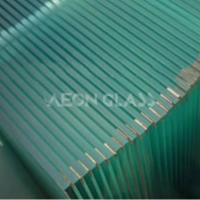
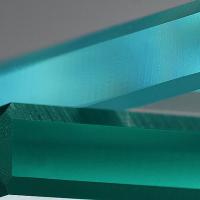
Add new comment